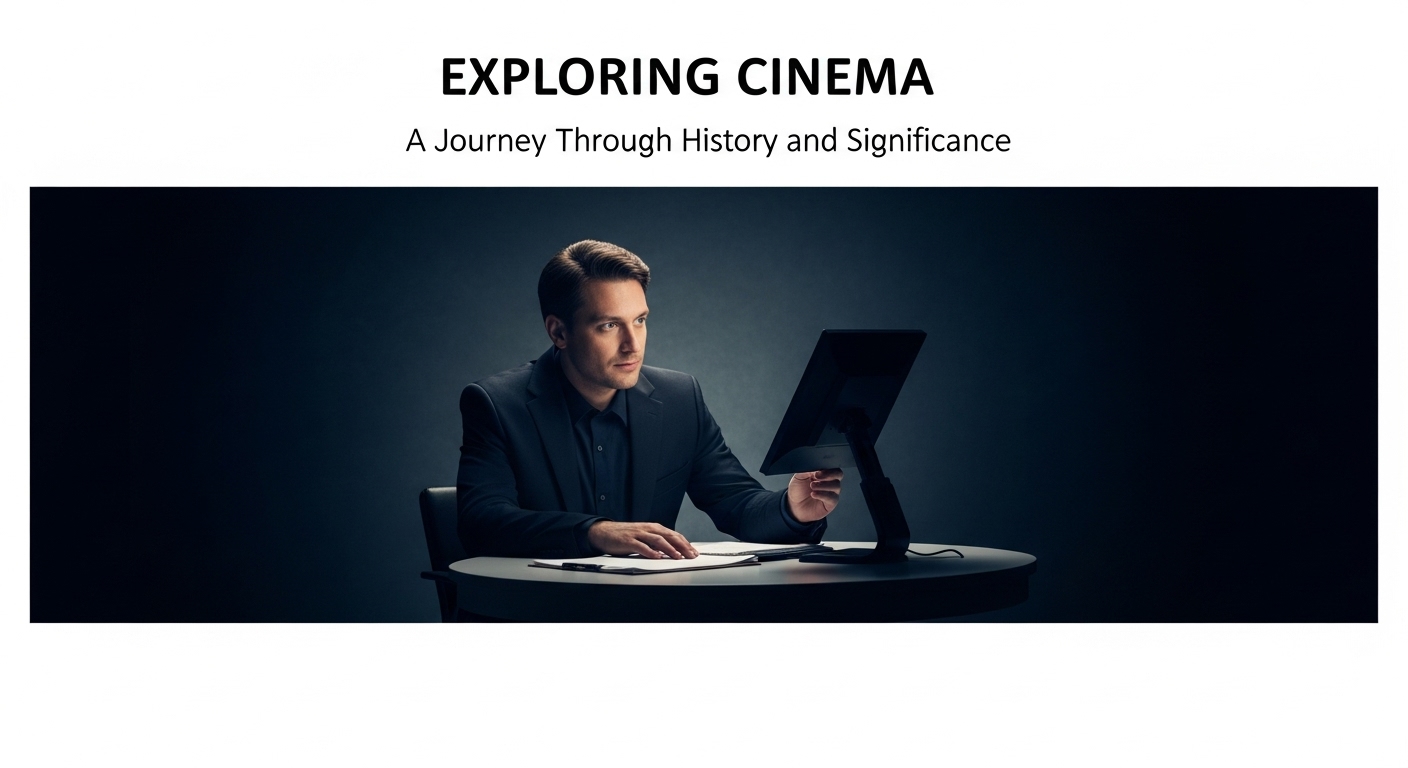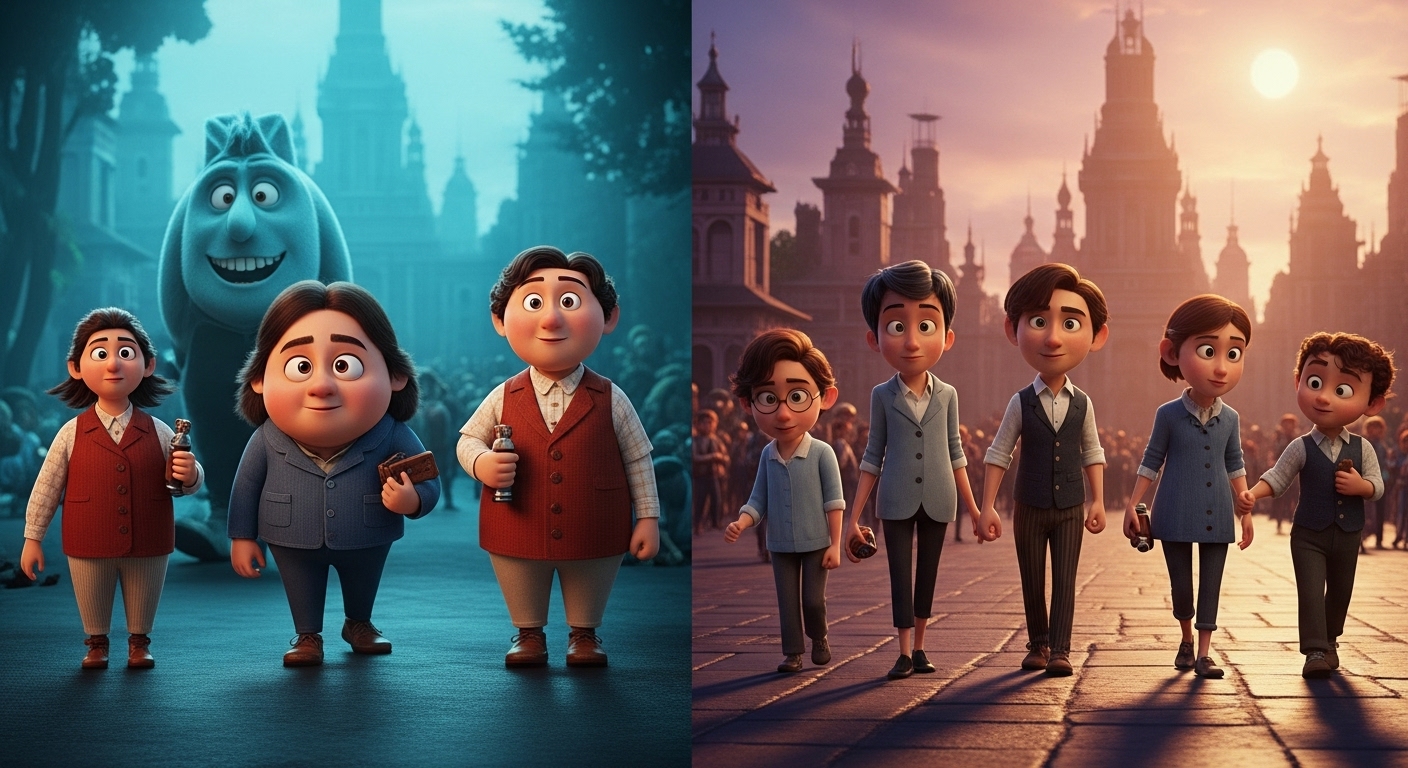Movies: A Window into the World of Imagination
Movies have been an integral part of our lives for over a century, captivating audiences with their unique blend of storytelling, visual artistry, and emotional impact. From silent black-and-white classics to modern-day blockbusters with stunning visual effects, the world of cinema has evolved and grown, shaping our cultural landscape and influencing how we perceive the world around us. In this blog post, we will delve into the fascinating world of movies, exploring their history, significance, applications, and future trends.
**A Journey Through History:**
The history of cinema dates back to the late 19th century when inventors like Thomas Edison and the Lumière brothers pioneered the development of motion picture technology. The first public film screening took place in Paris in 1895, marking the birth of what would become one of the most popular forms of entertainment worldwide. Over the decades, the art of filmmaking has evolved, with filmmakers pushing the boundaries of storytelling and visual effects to create immersive cinematic experiences that transport audiences to different worlds and eras.
**The Significance of Movies:**
Movies play a crucial role in our society, serving as a reflection of our culture, values, and beliefs. They have the power to educate, inspire, entertain, and provoke thought, making us laugh, cry, and think deeply about the human experience. Through movies, we can explore different perspectives, cultures, and historical events, broadening our understanding of the world and fostering empathy and compassion for others. Moreover, movies have the ability to bring people together, creating shared experiences that transcend language, nationality, and background.
**Applications of Movies:**
In addition to their entertainment value, movies have a wide range of applications in various industries and fields. In education, films are used as teaching tools to engage students and enhance learning outcomes. Historical dramas, documentaries, and biopics can bring history to life, making it more accessible and engaging for students of all ages. In the business world, movies are used for marketing and advertising purposes, helping companies reach a wider audience and promote their products and services through storytelling and visual imagery.
**Future Trends in Cinema:**
As technology continues to advance, the future of cinema is filled with exciting possibilities. Virtual reality and augmented reality are revolutionizing the way we experience movies, allowing audiences to immerse themselves in the story and interact with the characters and environments like never before. Furthermore, artificial intelligence and machine learning are being used to enhance the filmmaking process, from scriptwriting and editing to visual effects and post-production. With the rise of streaming platforms and on-demand services, the way we consume movies is also evolving, giving audiences more flexibility and choice in how, when, and where they watch films.
**Conclusion:**
In conclusion, movies are more than just a form of entertainment – they are a powerful medium that shapes our culture, influences our perceptions, and connects us to each other in meaningful ways. Whether we are watching a classic film from the golden age of Hollywood or a cutting-edge blockbuster with state-of-the-art special effects, movies have the ability to transport us to different worlds, evoke emotions, and spark our imagination. As we look to the future of cinema, it is clear that the magic of movies will continue to captivate and inspire audiences for generations to come.



